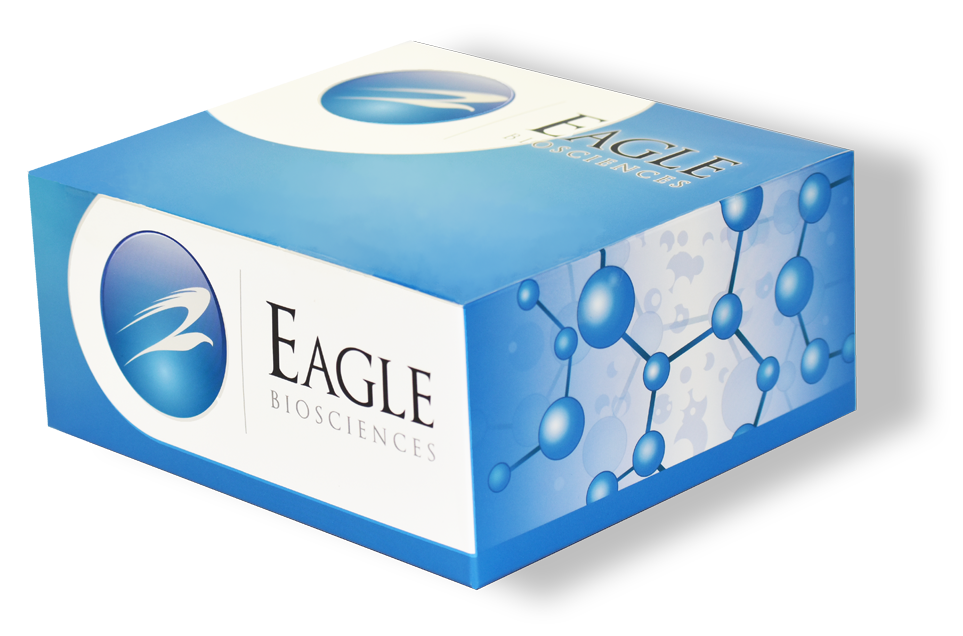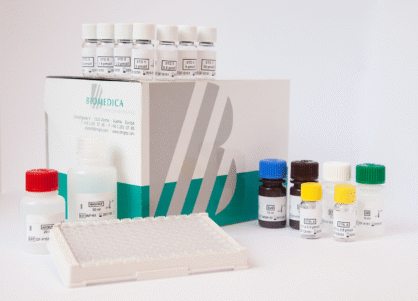Feline AGP (Alpha 1 Acid Glycoprotein) ELISA Kit
Feline Alpha-1 Acid Glycoprotein (AGP) is a major acute-phase protein in cats, primarily synthesized by the liver in response to systemic inflammation. As part of the acute-phase response, its plasma concentration increases significantly—often several-fold—during infection, trauma, neoplasia, or immune-mediated disease. Structurally, AGP is a heavily glycosylated protein, and its glycan composition can change during disease states, influencing its biological activity and interactions with immune cells. Because of its relatively rapid and pronounced response to inflammation, feline AGP serves as a sensitive biomarker for detecting and monitoring inflammatory processes.
In research settings, AGP is used as an indicator of systemic inflammation and immune status in studies investigating feline infectious peritonitis (FIP), viral infections, and other inflammatory conditions. Researchers often measure AGP concentrations to assess disease progression, evaluate the efficacy of therapeutic interventions, or study host–pathogen interactions. In clinical practice, AGP testing can assist veterinarians in differentiating between inflammatory and non-inflammatory diseases, monitoring treatment response, and providing prognostic information—particularly in cases of FIP, where markedly elevated AGP levels are characteristic. Overall, feline AGP serves as a valuable biomarker bridging both research and clinical diagnostics by offering insights into the inflammatory status and immune health of cats.
This Feline AGP (Alpha 1 Acid Glycoprotein) ELISA Kit is manufactured in USA by Eagle Biosciences.



